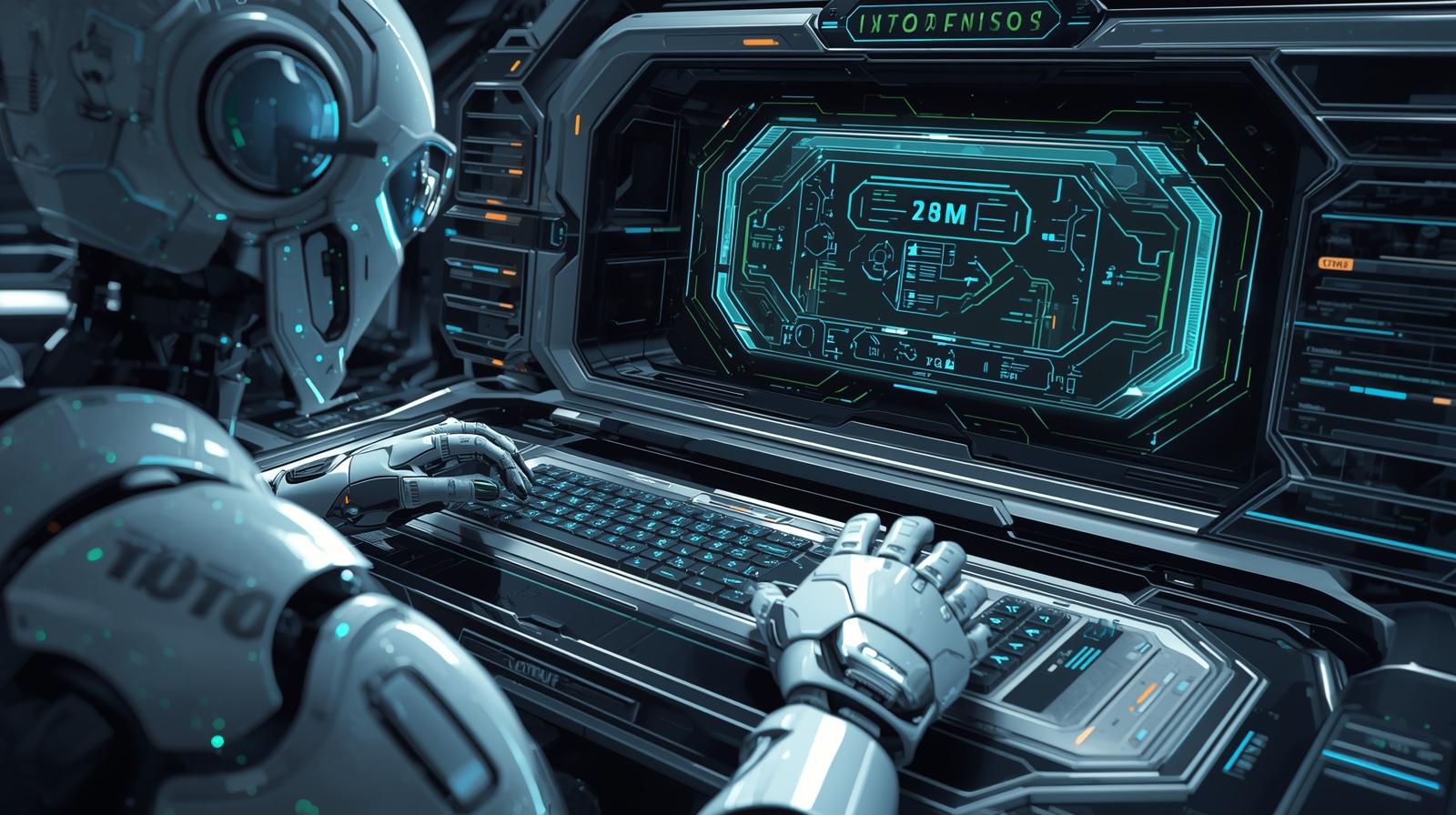The Robot Controller, Integrator, and Software Industry is witnessing rapid innovation as manufacturers strive to meet the demands of modern production environments. At the heart of this transformation is the robot controller, which serves as the central hub for coordinating robotic operations. Unlike traditional controllers that focused solely on basic motion control, modern robot controllers integrate artificial intelligence, machine learning, and advanced sensor capabilities. These enhancements allow robots to adapt dynamically to real-world conditions, improving efficiency, precision, and safety on the factory floor.
Innovations in robot controllers are particularly critical in high-speed or high-precision industries such as automotive, electronics, and pharmaceuticals. Advanced controllers can synchronize multiple robotic units, manage complex tasks, and respond instantaneously to unforeseen changes, reducing downtime and production errors. As manufacturing processes become increasingly automated, the demand for sophisticated robot controllers continues to grow, driving investment and innovation within the industry.
The Integral Role of System Integrators
While cutting-edge robot controllers provide the technical capability, system integrators play an equally vital role in translating technology into operational success. Integrators act as the bridge between robotics hardware, software platforms, and production workflows. In the Robot Controller, Integrator, and Software Industry, these experts ensure that robotic solutions are customized to meet specific manufacturing needs, whether optimizing a production line, integrating collaborative robots, or connecting automated systems to enterprise software.
Download PDF Brochure @ https://www.marketsandmarkets.com/pdfdownloadNew.asp?id=242281735

The contribution of integrators extends beyond installation. They provide programming, testing, and ongoing support, helping manufacturers extract maximum value from their investments in robotics. By combining knowledge of robot controllers with an understanding of software architecture and industrial processes, integrators are enabling a seamless, scalable, and efficient deployment of automated solutions. Their role is increasingly recognized as critical for achieving the full potential of Industry 4.0.
Software Innovation Driving Intelligent Automation
Software development is the driving force behind the enhanced capabilities of modern robot controllers. Advanced robotics software allows manufacturers to simulate, monitor, and optimize operations in real-time. Within the Robot Controller, Integrator, and Software Industry, software innovations focus on creating intuitive interfaces, predictive analytics, and integrated control systems. These capabilities enable manufacturers to coordinate multiple robots, track performance metrics, and implement adaptive workflows that respond to changes in demand or production requirements.
Moreover, software integration allows for enhanced collaboration between humans and robots. Applications for collaborative robotics are expanding, with software solutions ensuring safety, communication, and efficiency in shared workspaces. By providing a centralized platform for controlling both hardware and operational processes, software innovations are transforming traditional manufacturing into smart, data-driven, and highly responsive production systems.
The Future of the Robot Controller, Integrator, and Software Industry
The trajectory of the Robot Controller, Integrator, and Software Industry points toward continued growth and innovation. As factories evolve into fully connected smart facilities, the need for advanced controllers, integrated systems, and intelligent software solutions will intensify. Future developments are expected to focus on greater interoperability, real-time adaptive control, and cloud-based robotics management, enabling manufacturers to scale their automation strategies globally.
Investments in this industry are not only driven by productivity gains but also by the potential for safer, more sustainable manufacturing practices. Smart robot controllers combined with expert integration and robust software are reducing energy consumption, minimizing waste, and enabling predictive maintenance to extend equipment lifespans. The convergence of these technologies is setting the stage for a new era of manufacturing, where automation is not just about replacing human labor but enhancing overall operational intelligence and flexibility.
In conclusion, the Robot Controller, Integrator, and Software Industry represents a critical component of modern manufacturing innovation. By leveraging advances in robot controllers, software platforms, and integrator expertise, companies can achieve smarter, safer, and more efficient production solutions, positioning themselves at the forefront of the industrial revolution.
Investor FAQs: Robot Controller, Integrator, and Software Industry
1. What is the Robot Controller, Integrator, and Software Industry?
The industry encompasses companies that design, develop, and implement robot controllers, integration services, and robotics software solutions. It includes manufacturers of control hardware, system integrators who customize and deploy robotic solutions, and software developers who enable automation, monitoring, and analytics for modern manufacturing environments.
2. Why is this industry attracting investor interest?
Investors are drawn by the rapid adoption of automation across industries, including automotive, electronics, logistics, and pharmaceuticals. The growth of smart factories, Industry 4.0 initiatives, and the increasing complexity of manufacturing processes are creating strong demand for advanced robot controllers, integrators’ expertise, and intelligent software solutions.
3. What are the key growth drivers?
Growth is driven by the need for higher efficiency, precision, and scalability in manufacturing. Trends such as collaborative robotics, predictive maintenance, IoT-enabled systems, and cloud-based robotics platforms are fueling demand. Additionally, global efforts toward digitalization and automation in production are expanding market opportunities.
4. Who are the major players in this industry?
The industry includes hardware manufacturers producing robot controllers, global system integrators offering end-to-end robotics deployment, and software companies developing platforms for automation, monitoring, and analytics. Many established robotics companies are investing heavily in R&D to maintain competitive advantage.
5. What are the risks investors should consider?
Key risks include rapid technological changes, high initial capital costs, cybersecurity and data privacy concerns, and potential dependency on specific industrial sectors. Additionally, adoption rates may vary across regions, and companies that fail to innovate may lose market share.
6. How can investors assess the potential of a company in this space?
Investors should evaluate a company’s technological innovation in robot controllers and software, track record in successful integrations, client portfolio, scalability of solutions, and strategic partnerships. Market positioning, IP ownership, and adaptability to Industry 4.0 trends are also important indicators of potential growth.
